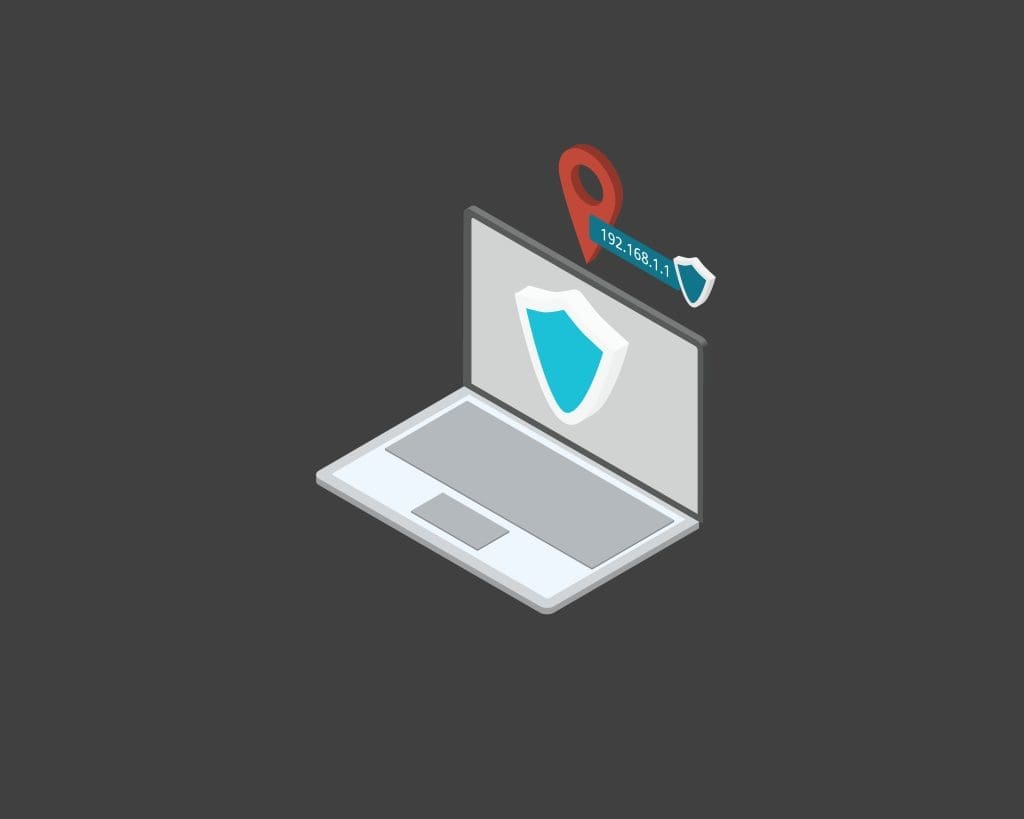Are Your Online Reviews Tied to Your IP Address?

Have you ever left a review online and noticed ads that seemed just a little too specific? That might not be a coincidence. Your IP address—your digital signature—could reveal more than you think.
What Is an IP Address?
An IP (Internet Protocol) address is a unique identifier assigned to your device when you connect to a network. It helps websites and reviews platforms locate and interact with your device. While essential for connectivity, it also allows companies to collect data tied to users’ activities—like submitting reviews.
There are two types:
- Dynamic IPs: These change frequently and are used by most consumers.
- Static IPs: These remain constant and are often used by companies or professional services.
Your Internet Service Provider (ISP) assigns the IP address. This address can reveal your general location and online behavior, influencing advertising efforts and raising privacy concerns.
How Are IP Addresses Used?
IP addresses serve several functions:
- Route traffic between devices and websites
- Deliver location-based advertising
- Track browsing patterns for marketing and research
Businesses and advertisers use this data to enhance brand messaging or better understand customers. While this might help tailor services, it can lead to fake reviews, ad targeting, or data exploitation.
Cybercriminals can also use IP data to access your account or misuse your online comments, putting reviewers and readers at an added risk.
What Are Online Reviews?
Online reviews are customer opinions shared on platforms like Google Reviews, Yelp, and various eCommerce sites. These comments influence purchase decisions and shape a business’s reputation.
Reviews, whether positive or negative, can significantly impact a company’s sales and brand value. A large number of 5-star ratings builds consumer confidence, while a single negative review—especially with supporting details—can raise red flags.
Businesses often rely on these reviews for advertising and credibility, especially small businesses trying to attract more customers.
How Are Reviews and IP Addresses Connected?
Most review platforms log the IP addresses of users who submit reviews. This information helps:
- Prevent spam or fake reviews
- Detect abusive patterns
- Track the source of feedback
However, this also reduces anonymity. Platforms can connect reviews to specific users or accounts—even when usernames differ. For instance, someone posting several negative reviews from the same network could still be identified.
Why This Connection Matters
For both consumers and businesses, the link between IP addresses and reviews has real implications:
- Privacy: Many reviewers don’t realize their location or browsing behavior can be linked to their comments.
- Risk: Targeted ads or unsolicited contact may follow detailed or critical reviews.
- Reputation: A company’s rating can suffer if multiple negative reviews originate from one location—even if they’re valid.
Empirical investigations show that reviews tied to IP data can significantly influence trust metrics and how platforms moderate content.
How to Protect Your Privacy While Leaving Reviews
Here’s how you can reduce your privacy risk while still sharing your opinion:
1. Use a VPN
A Virtual Private Network (VPN) hides your IP address and encrypts your data. It’s a strong first line of defense for anyone concerned about privacy or targeted advertising.
2. Use a Proxy Server
Proxies work similarly to VPNs but typically offer less encryption. However, they still provide a buffer between your device and the site where you submit reviews.
3. Switch Devices or Networks
Logging in from a different network—like using mobile data or another Wi-Fi connection—can help avoid linking your activity to one location.
4. Use the Tor Browser
Tor routes your traffic through several encrypted layers, giving you much more anonymity.
5. Limit Personal Details
Avoid naming people or sharing sensitive information. For example, instead of “John at checkout was great,” write “The staff was helpful.”
6. Keep Your Software Updated
Regular updates patch security vulnerabilities that attackers might exploit. Keeping your device current adds another layer of protection.
For more privacy tips, check out trusted resources like EFF, Consumer Reports, or your VPN provider’s blog.
Best Practices for Writing Reviews
Reviews influence not only a business’s reputation but also other shoppers’ buying decisions. To make your feedback more helpful and secure, keep these best practices in mind:
Be Honest and Accurate
Whether you leave positive or negative feedback, base your comments on real experiences. Honesty helps maintain the integrity of the review platform.
Provide Useful Information
Mention product quality, value, price, and service. These are key factors in a shopper’s decision-making process.
Use Clear Language
Follow proper grammar and polite language. A calm and clear review often gets more attention and credibility.
Avoid Personal Attacks
Focus your comments on the product or service, not individual employees. This keeps your feedback professional and more likely to remain published.
Follow Review Guidelines
Most platforms have rules. Reviews with profanity, irrelevant details, or external links may get flagged and removed—even if your opinion is valid.
Final Thoughts
Online reviews have a more significant impact on shoppers than ever before. They shape how people search, shop, and decide where to spend their money. But they also come with hidden privacy risks—especially when reviews are tied to your IP address.
Understanding this connection is the first step toward protecting your privacy. Using tools like VPNs, limiting personal details, and following review guidelines, you can share your opinion without giving away too much.
Your feedback is powerful. Just make sure it doesn’t compromise your personal data in the process.
